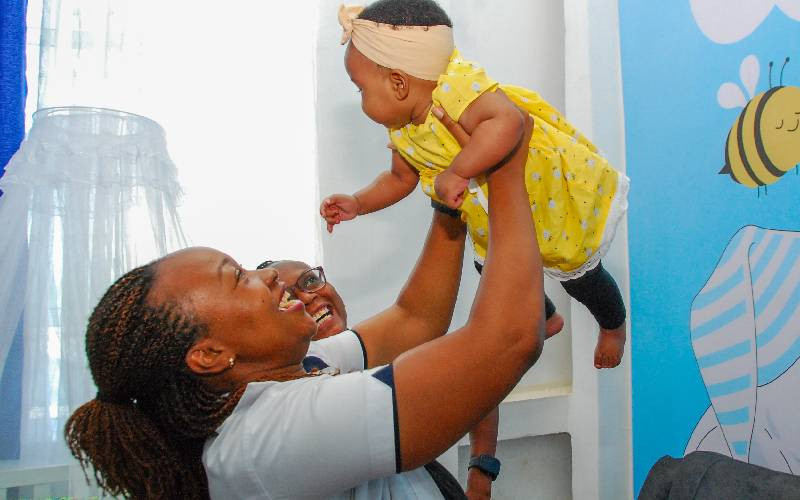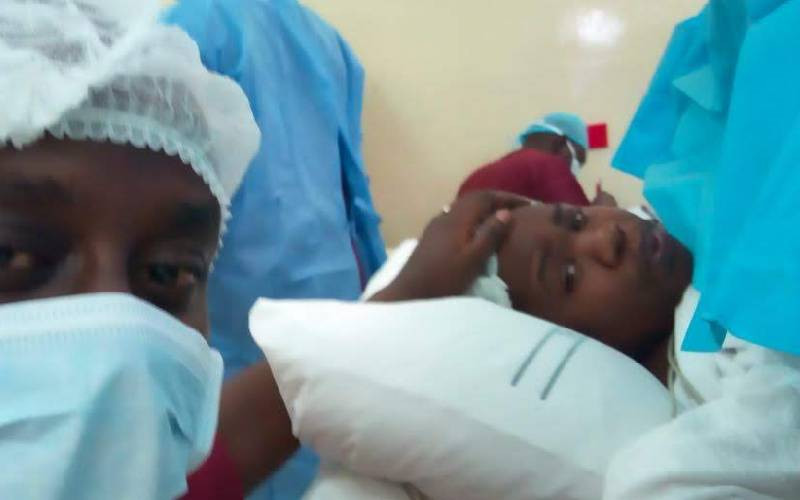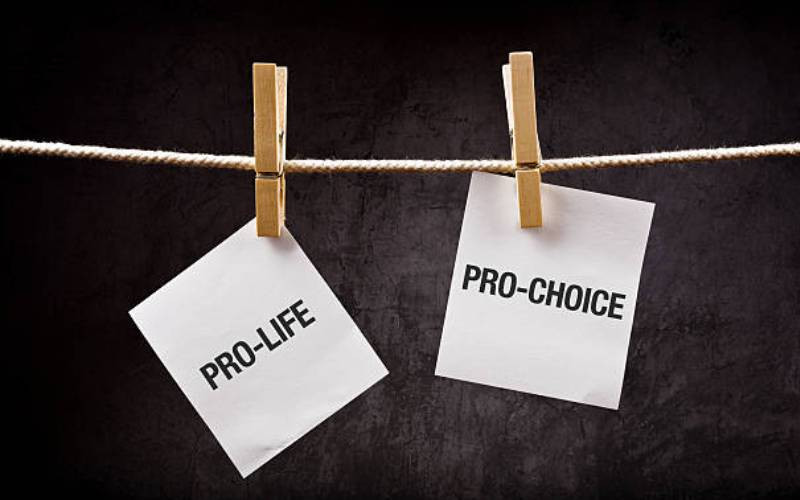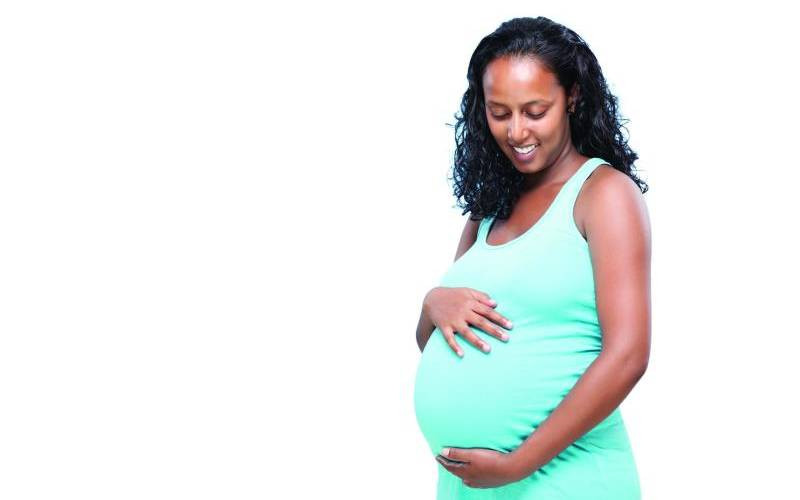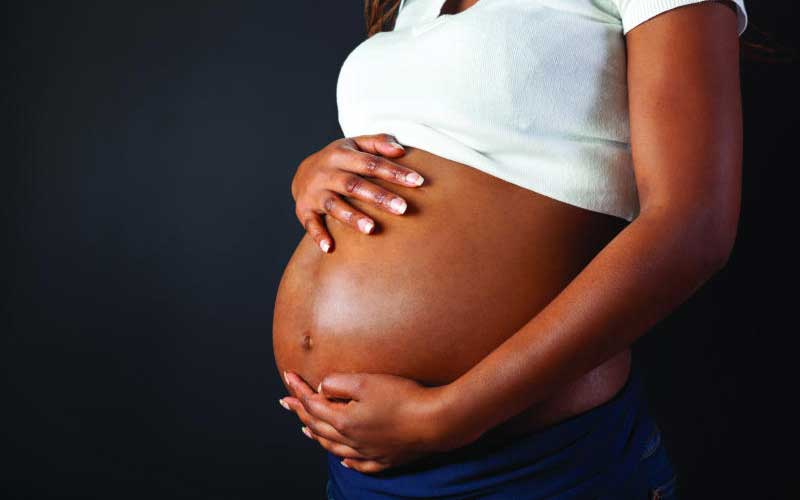
Dr Fredrick Kairithia, a consultant obstetrician and gynaecologist, answered some of the most frequently asked questions about pregnancy.
What describes a difficult pregnancy?
A difficult pregnancy is any that deviates from the expected. Pregnancy does come with symptoms as a result of hormones adjusting the body of the expectant mother. A difficult pregnancy can exhibit by the expectant mother experiencing exaggerated symptoms (like headache and vomiting).
Does having these difficulties mean there is a problem with the unborn child or the pregnancy will end up with complications?
Not necessarily. We have expectant women whose pregnancy symptoms flared but they still gave birth to healthy children. It should be understood that there is no safe pregnancy; every pregnancy comes with a risk. The risk increases with multiple gestation: a mother expecting twins may experience twice as many risks compared to a single term pregnancy.
At what stage do women experience difficulties in pregnancy more?
For most women it is during their first trimester, which arises from hormonal changes. At this stage women experience fatigue, insomnia, pains as the body tries to accommodate another human being growing inside.
How different are these difficulties to the other trimesters?
During the second semester (12 to 24 weeks), the expectant mother will experience pressure in the abdomen, some pains but the symptoms do reduce. In the third trimester, there is still pressure in the abdomen due to weight gain, and lack of tolerance to day-to-day activities.
Does age play a role in difficulties expectant women experience?
Difficulties in pregnancies usually occur more among expectant mothers in the extreme ages – the younger (teenagers) and older. Teenagers are still growing and so they might develop eating disorders, because they do not know they have to eat for themselves and the child as well. They are also more likely to develop anaemia. For older expectant mothers, some of them might have underlying health conditions which might flare up during pregnancy.
Which underlying conditions might make an expectant mother experience severe difficulties?
Diabetes, hypertension, asthma, chronic lung disease, mental or psychiatry related illnesses. For women with some of these chronic illnesses it is better they get checked before they conceive to assess how their conditions will be managed, if they will need a change in their medication as some may not be compatible with pregnancy.
How can one minimise chances of severe difficulties in pregnancy or complications?
It is advisable to have a birth plan. You must know your due date (given within a range of two weeks), the mode of delivery (normal or caesarean section), the mode of payment (insurance or out of pocket) because you can land in a hospital that insists on deposit, and who your companion will be during the time.
Why is a birth plan important?
Some of these complications in pregnancy and especially during delivery happen because an expectant mother in labour lands in a hospital where no one knows her or her medical history. She might be a caesarean section delivery and the hospital has no blood for her or she is of a rare blood type, and she is rushed to a small facility which does not have the capacity to handle her case. What if the labour starts at night, do you have means to get you to hospital?
Is there correlation between birth spacing and risk in pregnancy?
Pregnancy is a draining period; physically, emotionally and financially. A woman needs also time for tissues to heal, recover the calcium and iron used in creating the new human being. There are also those who deliver through caesarean section and the scars also need time to heal. We usually recommend a birth spacing of two or three years.
It is also important not to have a new child too soon because this will interfere with the development of the newly born as the mother might have to stop breastfeeding them.
How about the number of children a woman has or should have?
We usually do not like dictating but in cases of caesarean section, the healthcare provider will advise on how many more CS procedures you can have. In some it is three, but it will vary from patient to patient.
What signs should an expectant mother worry about during pregnancy as possible symptoms of complications?
Excess vomiting, excessive swelling in the legs, severe headaches with blurred vision, any loss of consciousness which could be fainting or convulsing, chest pains, when water breaks and any type of bleeding is reason to see a doctor. Also lower abdominal pains and if the baby stops kicking or reduced frequency of the kicking might be a sign the foetus is in distress.
Do women who have challenges getting pregnant have high risk of complicated pregnancies?
It depends what the challenge has been, but ideally whether you get pregnancy naturally or through In Vitro Fertilisation (IVF), unless you have an underlying condition, pregnancy is more or less the same.
However, we have a group of women with bad obstetrics history. These are women with previous cases of miscarriages, which can be as a result of low progesterone hormone, weak cervix, autoimmune reaction where their bodies reject the babies or infections like hepatitis and syphilis. In such cases doctors advise a lot of bed rest during pregnancy.
What will make a woman have a still pregnancy?
One of the common reasons is umbilical cord accidents where it (the cord) ties the baby round the neck. The others are chorioamnionitis, a bacterial infection that occurs as a result of prolonged labour, pre–eclampsia (increased blood pressure, which can end up causing organ damage), and gestational diabetes.
As told to Graham Kajilwa
 The Standard Group Plc is a multi-media organization with investments in media
platforms spanning newspaper print
operations, television, radio broadcasting, digital and online services. The
Standard Group is recognized as a
leading multi-media house in Kenya with a key influence in matters of national
and international interest.
The Standard Group Plc is a multi-media organization with investments in media
platforms spanning newspaper print
operations, television, radio broadcasting, digital and online services. The
Standard Group is recognized as a
leading multi-media house in Kenya with a key influence in matters of national
and international interest.


